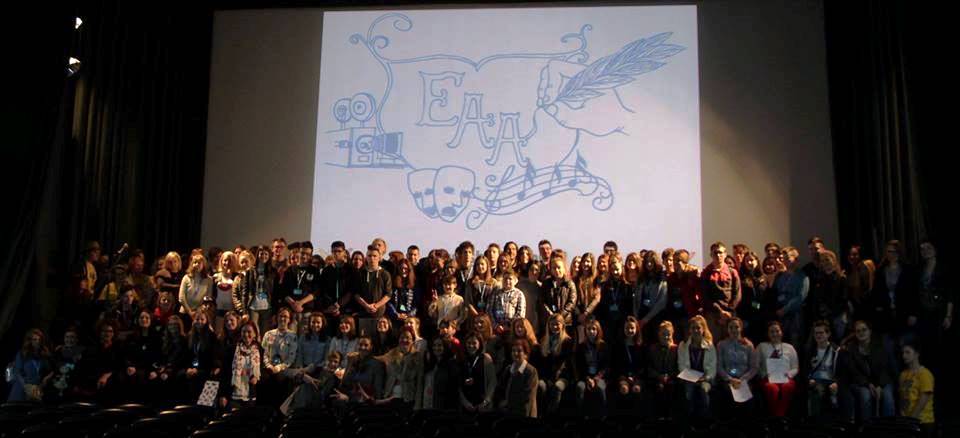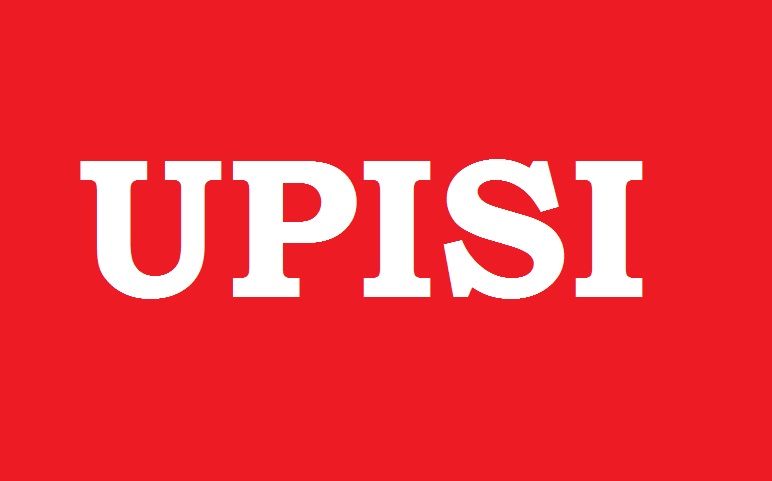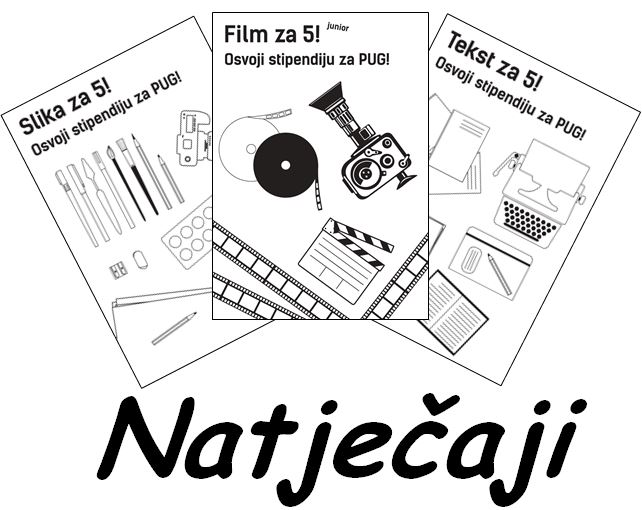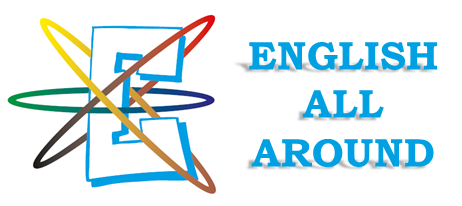 Profesori Privatne umjetničke gimnazije započeli su s organizacijom drugoga festivala English All Around već od trenutka kada je završio prvi. Otada razmišljamo što i kako poboljšati da festival bude još uspješniji – u tome su nam uvelike pomogle vaše povratne informacije i jedva čekamo da vas sve ugostimo u ožujku 2018.
Profesori Privatne umjetničke gimnazije započeli su s organizacijom drugoga festivala English All Around već od trenutka kada je završio prvi. Otada razmišljamo što i kako poboljšati da festival bude još uspješniji – u tome su nam uvelike pomogle vaše povratne informacije i jedva čekamo da vas sve ugostimo u ožujku 2018.
Teachers of Private High School for Arts have started organizing the second festival English All Around from the moment the first one finished. Since then we’ve been thinking about what and how to modify in order to make the festival even more successful – in that we’ve been greatly helped by your feedback and we cannot wait to host you all in March 2018.
Prvi je korak u organizaciji – odabir teme. Cijelo smo ljeto razmišljali i imamo pet odličnih tema. Sada nam je potrebna vaša pomoć da odaberemo temu ovogodišnjega festivala. Pročitajte kratke opise tema i na dnu ove stranice glasujte za onu koja vam se čini najbolja.
Opisi tema naša su neobvezatna razmišljanja, a ne obvezatne smjernice, niti iscrpljuju sve o čemu se pod određenom temom može raspravljati.
The first step in the organization is – choosing a topic. We’ve been thinking all summer and we’ve come up with five great topics. Now we need your help to choose the one that is going to be the topic of this year’s festival. Please, read the short description of each topic and, at the bottom of this page, vote for the one you find the best.
Topic descriptions are our own random thoughts, not mandatory guidelines nor exhaustive of what can be covered under a particular topic.
TOPIC 1
KULTURNA BAŠTINA |
CULTURAL HERITAGE |
| Uz 2018. – Europsku godinu kulturne baštine. Ova tema omogućuje bavljenje pitanjima poput: |
Related to 2018 – European Year of Cultural Heritage. This topic allows us to consider issues such as: |
| Definicija kulturne baštine | Defining cultural heritage |
|
|
| Mogućnosti koje kulturna baština nudi: | Possibilities cultural heritage offers: |
|
|
| Izazovi pred kulturnom baštinom | Challenges cultural heritage faces: |
|
|
TOPIC 2
IDENTITET |
IDENTITY |
| Tema koja omogućuje raspravu o raznim pitanjima, poput: | Topic which opens discussion on various subjects, such as: |
| Definiranje identiteta: | Defining identity: |
| Što definira identitet? Što na njega utječe? Što ga oblikuje? Što ga mijenja? Kako pronaći vlastiti identitet? Utječe li izgled na naš identitet ili ga mijenja? | What defines identity? What influences it? What shapes it? What changes it? How does one find their own identity? Do appearances influence our identity or do they change it? |
| Vrste identiteta: | Types of identity: |
| Osobni – Društveni – Kolektivni – Nacionalni – Fluidni – Višestruki – Nestajući – Ugroženi – Izgubljeni – Stigmatizirani – Virtualni – Vizualni | Individual/personal – Social – Collective – National – Fluid – Multiple – Disappearing – Endangered – Lost – Stigmatized – Virtual – Visual |
| Virtualni identitet: | Virtual identity: |
| Otkako su razne društvene mreže preplavile Internet ljudi su stvorili razne virtualne identitete. Zamjenjuju li virtualni identiteti naše prave identitete? Pomažu li oni osobi stvoriti vlastito „ja” ili se ljudi izgube među njima? Jesu li naši virtualni identiteti lažni ili nam omogućuju biti ono što jesmo? Ima li osoba pravo na višestruke identitete? | Ever since various social networks flooded the Internet, people have constructed numerous virtual identities. Do virtual identities replace our true identities? Do they help a person form their own “I” or are they lost among them? Are our virtual identities fake or do they enable us be our true selves? Does a person have the right to have multiple identities? |
TOPIC 3
TEHNOLOGIJA |
TECHNOLOGY |
| Razmišljanja o tehnologiji općenito | Considerations about technology in general |
|
|
| Moderne tehnologije | Modern technology |
|
|
| Virtualni svjetovi i komunikacija | Virtual worlds and communication |
|
|
TOPIC 4
UMJETNOST |
ART |
| Općenita pitanja o umjetnosti | General questions about art |
|
|
| Umjetnost u školi | Art in school |
|
|
| Mogućnosti interakcije s autorom u moderno vrijeme | Possibilities of interaction with the author in modern times |
|
|
| Autorska prava | Copyright |
|
|
TOPIC 5
PREHRANA |
NUTRITION |
| Uz UN-ovo Desetljeće akcije za prehranu (2016.-2025.) | Related to United Nations Decade of Action on Nutrition (2016-2025) |
| Proizvodnja hrane | Food production |
|
|
| Alternativni načini prehrane | Alternative diets |
|
|
| Hrana kao društveni fenomen | Food as a social phenomenon |
|
|
| Problemi | Problems |
|
|










